Whether you’re playing on a tabletop or in Baldur’s Gate 3, no DnD 5E class brings a party together quite like the Bard. Choosing the right bard subclass—or College—is difficult, as it requires a deep understanding of how your party works and how a Bard benefits said party. It also depends slightly, since the Bard’s choice of subclass can easily shift with different party members.
Selecting the right College is very similar to selecting one in real life. Though, hopefully you don’t have to use your degree to cut a goblin in half. Let’s look over the best option and discuss its pros and cons.
The best Bard subclass in BG3
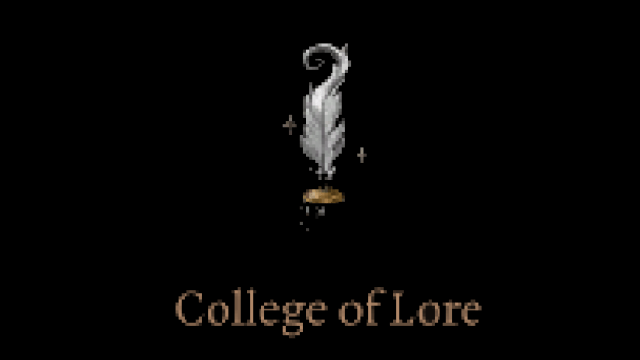
The best choice for your bard’s subclass in BG3 is the College of Lore. This college is crucial due to having three things that Bards really want: a way to debuff saving throws, more skill proficiencies, and the ability to learn spells from other classes.
Cutting Words is your “new” feature that you get at level three. This allows you to, as a reaction, reduce your opponent’s attack rolls, saving throws, and ability checks by a d6. This should improve to d8 at level five and d10 by level 10—scaling with your Bardic Inspiration dice—but this has been bugged for a little while and might not always function properly.
This reaction is gigantic, as it gives the Bard a big opportunity. Reducing attack rolls by a d6 might not sound huge on paper, but that gives an average of a negative four to any given attack or saving throw. That’s not nothing. And, since you’re privy to enemy attack rolls or saving throws, you know if they rolled just on the money to save or land an attack roll. Then, a minus one can either save your party member’s life or turn a spell into Hold Person.
Three bonus skill proficiencies is certainly very good. Bards are one of the most skill-intensive classes in the game—right next to the Rogue. Getting the ability to be proficient in more skills is nice, but clashes slightly with the usefulness of Jack of all Trades, which adds half of your proficiency bonus to your non-proficient ability checks.
Still, using this to grab skills that are useful but you missed in your first three is a great idea. Skills like Perception, Survival, another Charisma-based check, or even an information ability—such as Arcana or History—come up quite often in BG3. And since you can’t give yourself Bardic Inspiration, having any additional bonuses to these commonplace checks is a good idea.
Best choices for Additional Magical Secrets in BG3
However, the real bread-and-butter of the Lore Bard is Additional Magical Secrets, which lets the Bard learn two additional spells of level three or lower. The Bard has a relatively strong spell list, but is missing some killers that other spell lists have, especially around the level three slot. The following spells are excellent choices for your Lore Bard, though you should be sure to cover any holes in your team’s gameplan.
- Haste: The big support class doesn’t get the strongest support spell in BG3. Imagine that. Use this to give your party member the equivalent of an extra turn. Giving this to yourself lets you cast an additional spell per turn, but giving it to a heavy hitter like a Paladin can let them shred right through a target.
- Counterspell: Lategame BG3 is full of Hold Person spam and a bunch of high-damage spell options. The Bard being able to counter those options is far from bad. Especially since, thanks to Birthright, the Bard has fairly easy access to plus-six Charisma and can counter higher-level spells easier.
- Mass Healing Word: The ability to heal everyone in the combat as a bonus action means you can proc effects like The Reviving Hands or The Whispering Promise easily. It also lets you pick people off the ground and then crowd-control with Stinking Cloud or Tasha’s Hideous Laughter.
- Fireball: While the Bard isn’t exactly the party’s damage dealer, having access to area-of-effect damage isn’t a bad idea. Especially for the gummy fights that you encounter during Act Three, with swarms of low-health, annoying enemies.
- Lesser Restoration: If nobody else in the party can cast this—or if you don’t have a Paladin with Lay on Hands access—then the ability to cure conditions is too important to pass up.
- Bless: Learning a first-level spell might seem wasteful, but this Cleric-restricted spell is a big buff to attack rolls and saving throws that is a great use of a first or second level spell slot.
Honorable mention
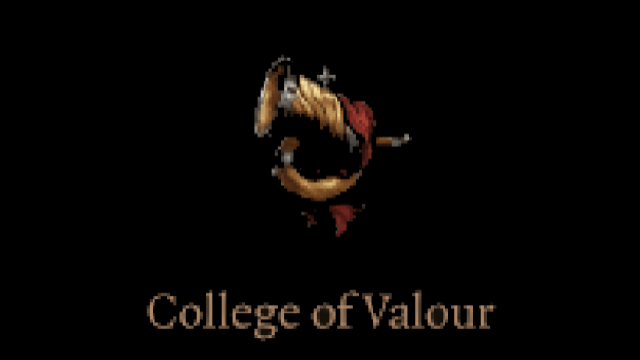
That being said, the College of Valor is the best Bard subclass if you need a frontliner and if you plan on multiclassing. This college focuses on physical defense and martial weaponry, giving the Bard the armor class it needs to survive consistently as well as the ranged weapon proficiency it wants to deal decent damage and make use of incredibly strong magical bows and rapiers. It also gets the ability to use Bardic Inspiration to improve armor class or deal additional damage, turning the Bard from largely out-of-combat problem solving to in-combat damage dealing.
This Bard gives itself over for combat, making it useful for your main character’s class. You want to be useful in fights, after all. Combat Inspiration is a very strong ability, letting allies choose between attack rolls, ability checks, saving throws, AC, or weapon damage rolls to improve by d6, d8, or d10. The versatility of this skill is huge, making it much easier for allies to effectively spend the Bardic Inspiration dice, which prevents them from awkwardly keeping the die for the whole day.
Perhaps just as important, though, are the base proficiencies that the Bard gets access to. Medium Armor and Shields are big boons to a Bard’s AC, letting the whimsical caster reach the higher echelons of 20-23 with the right combination of magical gear. That’s pretty great, especially since you don’t need to multiclass to access these heights. Martial weapon proficiency is less important, but does give your Bard slightly better weapon access. Cantrips are fantastic, but if you want to kill something, Vicious Mockery isn’t exactly clearing out foes left and right. The combination of better weaponry and Extra Attack lets the bard handle foes much better.
Others Asked
What are the key ability scores to focus on for a Bard in Baldur's Gate 3?
The key ability scores to focus on for a Bard in Baldur's Gate 3 are Dexterity and Charisma, with a high Constitution for the College of Valor Bard for additional health.
What was the most-selected class by players in Baldur's Gate 3 shortly after its release?
The most-selected class by players in Baldur's Gate 3 shortly after its release was the Paladin.
What spell do Baldur's Gate 3 players find universally useful for all classes?
Players find the Misty Step spell universally useful for all classes.


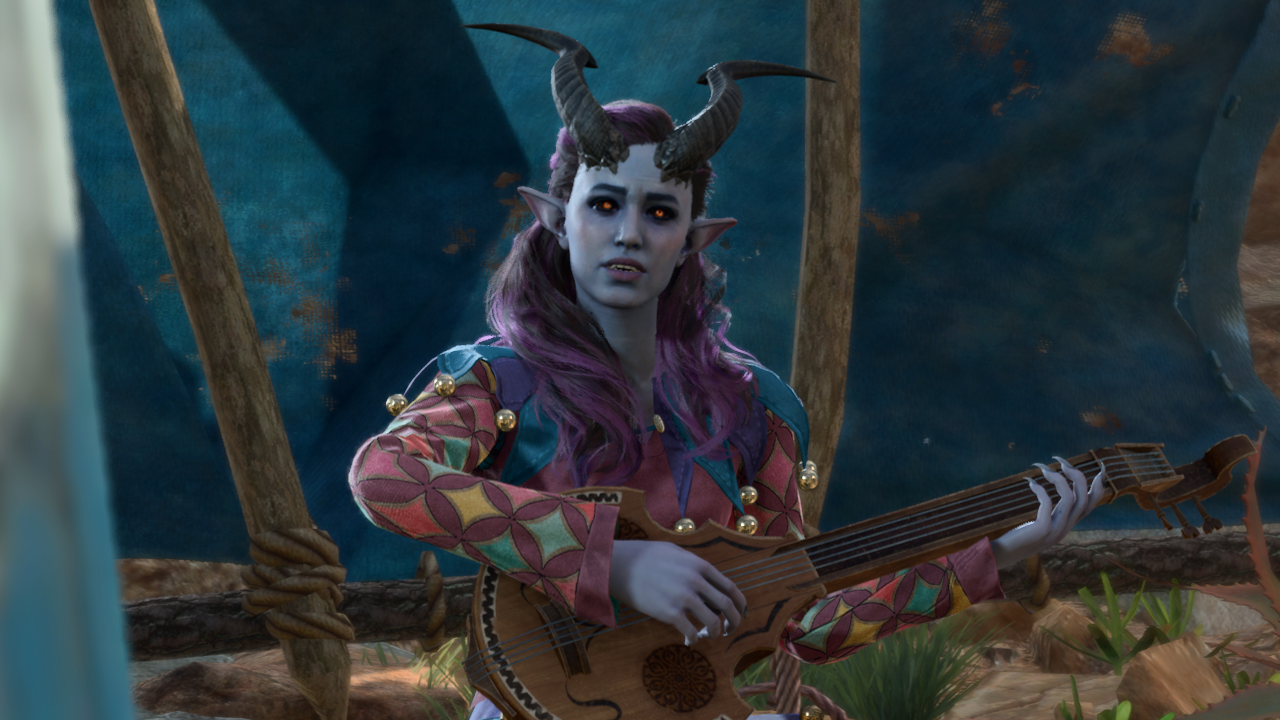


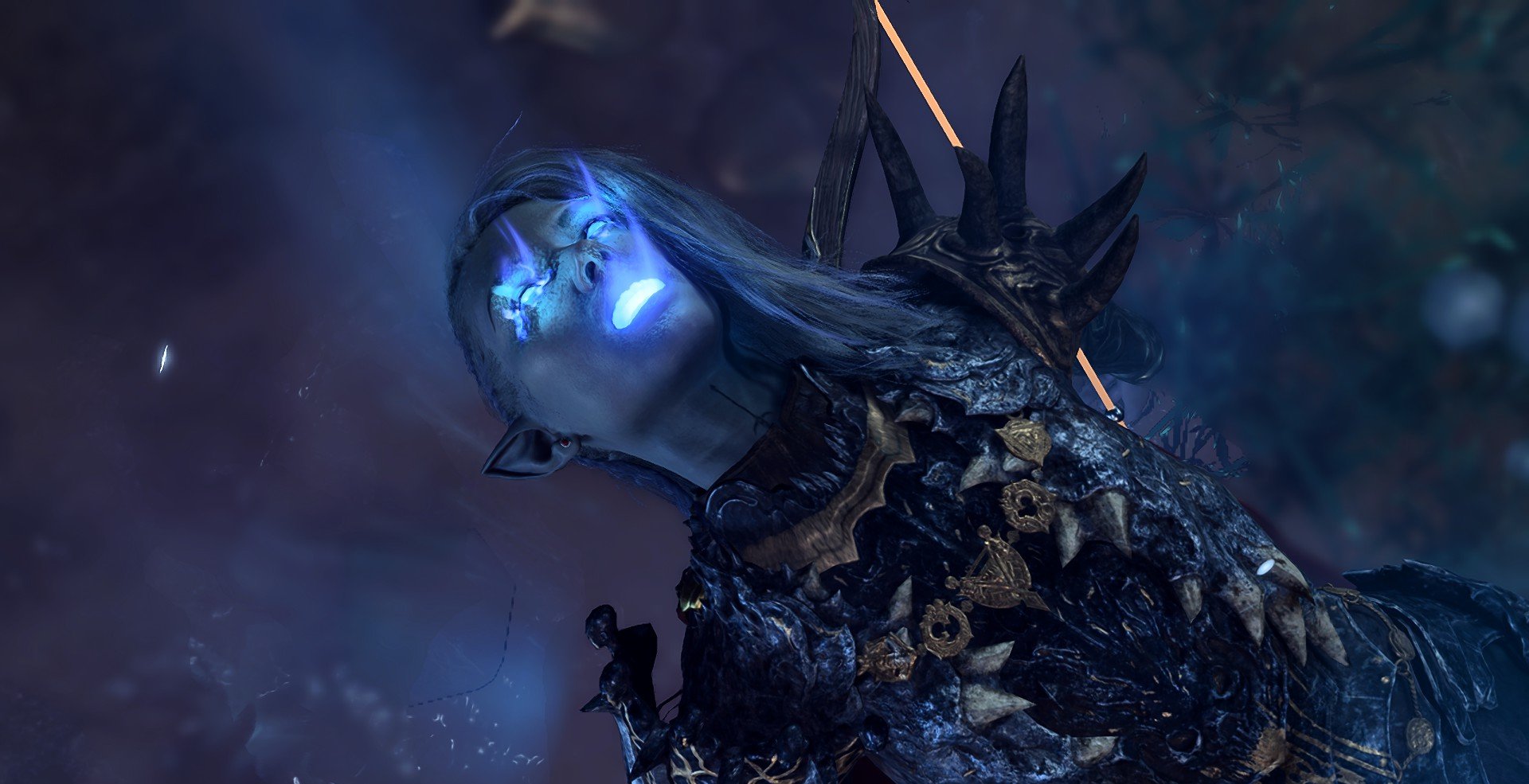
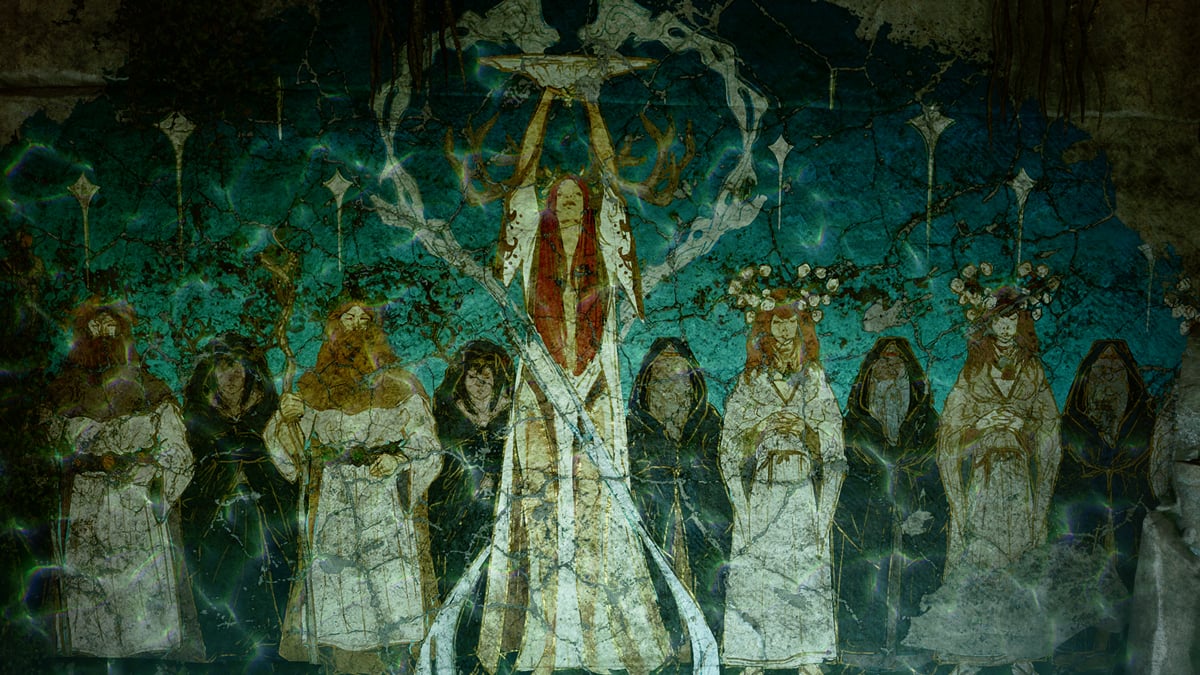
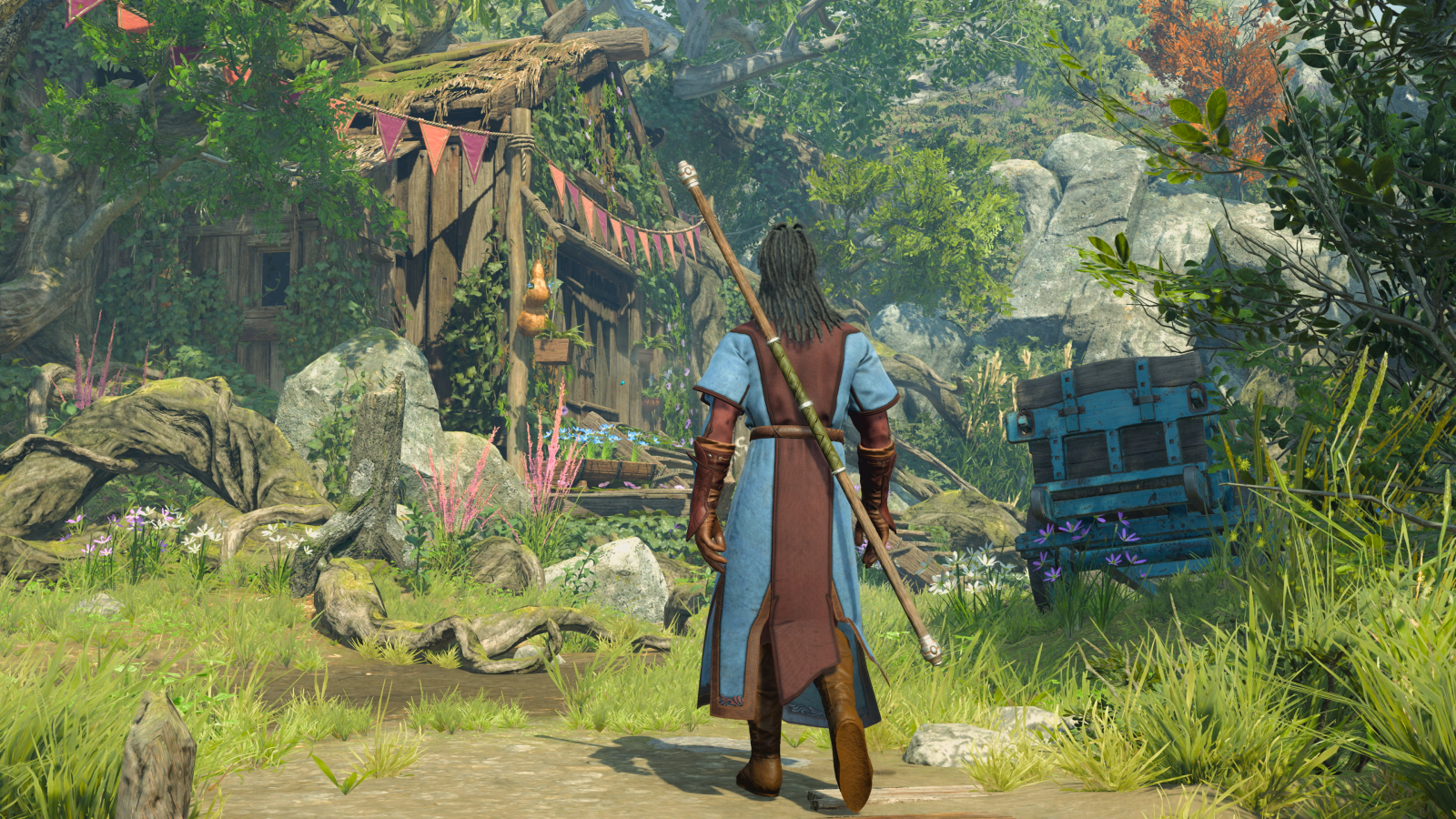



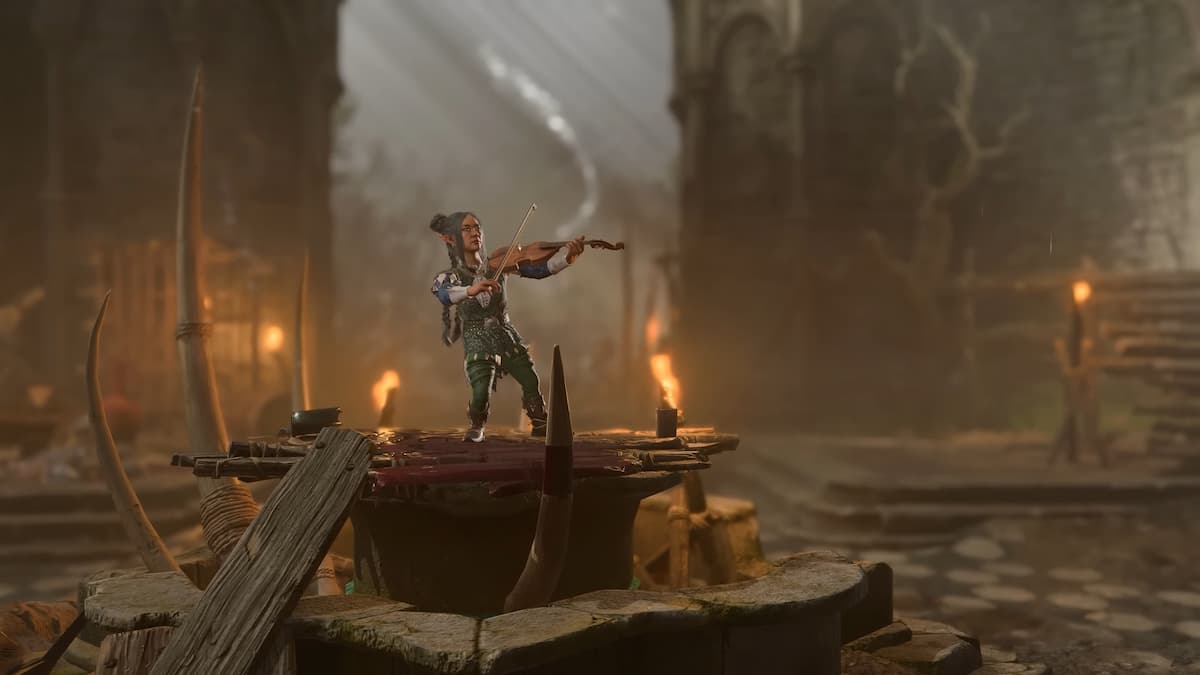

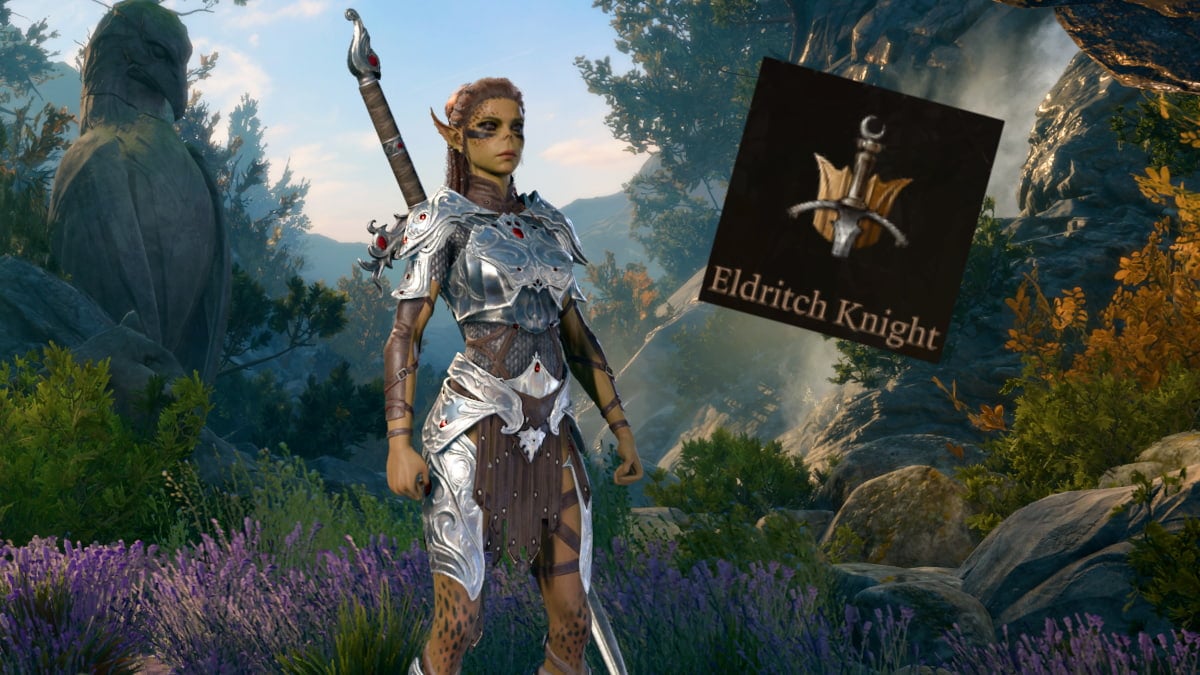

Published: Oct 4, 2023 03:22 pm